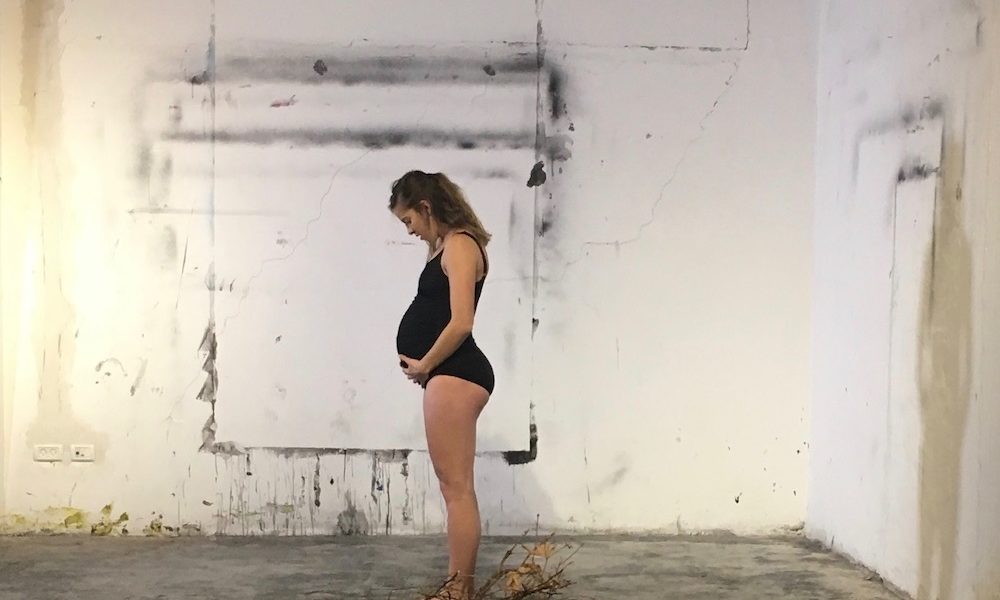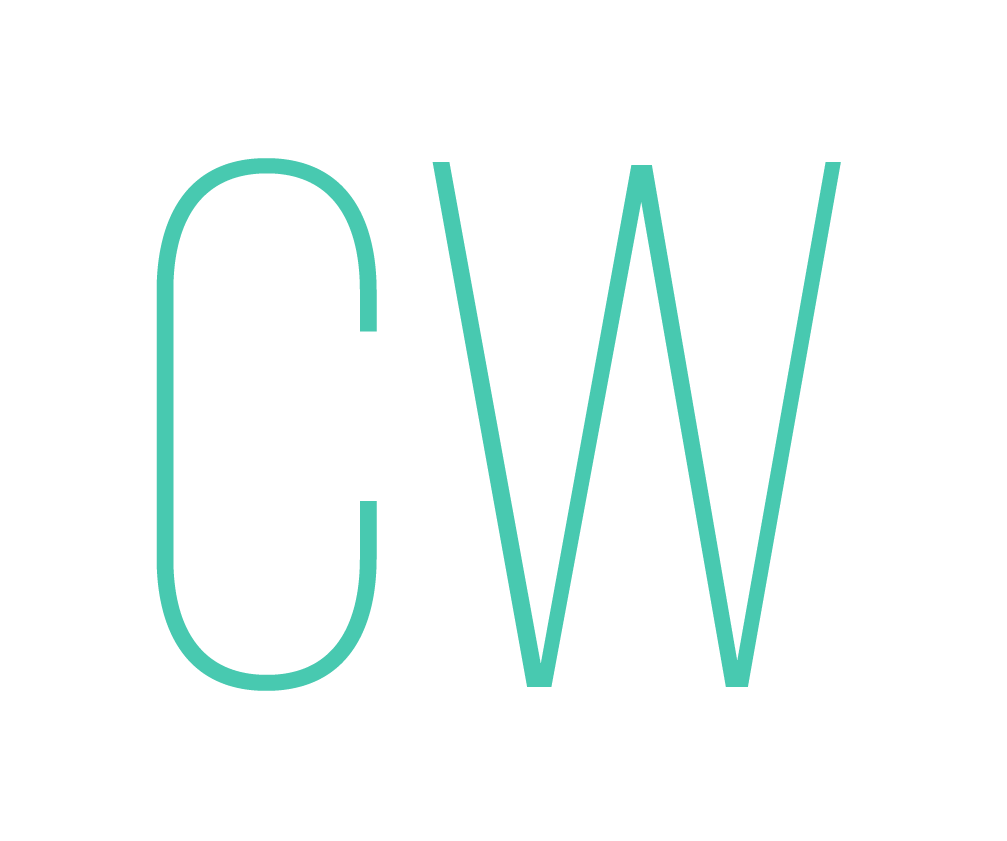Emotionally High Risk Pregnancies and the Care They Require by Ori Lenkinski

*originally published in Hebrew in Haaretz
The first time I ever got pregnant was with my first child. Until then, my use of birth control, mainly the pill, had been completely successful. In fact, until the second line came up on that home pregnancy kit, I didn’t know if I could get pregnant at all. The following nine plus months were a blur of doctor’s appointments, scans, sonograms, monitors and blood tests that came to an abrupt end the night I gave birth. (It is important for me to note that I think healthcare in Israel is excellent and am constantly impressed by it.) I kept a folder with all of the papers, referrals and future appointments to keep it all straight. Then, and for the next couple of years, the idea of pregnancy was wiped from my mind by diapers and iron drops, tiny clothing and blended foods. When we decided that it was time to expand our family once again, we were faced with the fact that plans don’t always match reality. I endured two miscarriages and many long months of counting weeks, disappointment, trying and trying again. The fact that failed pregnancies are common (more common than we know or admit) didn’t help to soften the blow. I was utterly winded by both.
I arrived at the next pregnancy in a completely different emotional state than I had the first one. I was jumpy and terrified, acutely aware of the possibility of loss.
As in the first time around, I was given a schedule of exams that I needed to book over the coming months. Only this time, I needed more care than was being offered.
I couldn’t go six weeks without hearing a heartbeat. For me, those weeks were torturous, impossible. They were sharp, long nails scratching at the chalkboard of my past personal tragedies. I attempted to explain this to my doctor, that I was in the midst of a post-traumatic pregnancy and that I needed more visits than were outlined by my healthcare package. He was kind of accommodating and clearly annoyed.
Getting what I needed constituted bullying doctors, appealing to their sympathy and basically begging.
When a pregnancy is deemed high risk, the woman carrying it is navigated to a specific path outlined by her healthcare provider. The visits are many and closer together, there are special exams and a more hands-on approach. But when a woman has a pregnancy that is emotionally high risk, there are no allotments made, at least not officially.
In my second pregnancy, I wished for a system that looked not only at the physical components of the pregnancy but the emotional and psychological ones. I wished for a situation in which my doctor would comply with my request to hear a heartbeat every other week without my having to apologize for needing that. I wanted to be asked not just the date of my last period and if the pregnancy was “spontaneous” but how the process of getting pregnant had been for me.
It is impossible to divorce the emotional strain of bringing a child into the world from the physical effort. They are two sides of an intense, forty-week-long journey and they are both valid, legitimate and real elements of it. Doctors and healthcare providers need to broaden their approach to pregnancy and the care given to women needs a more holistic perspective on mind and body.
